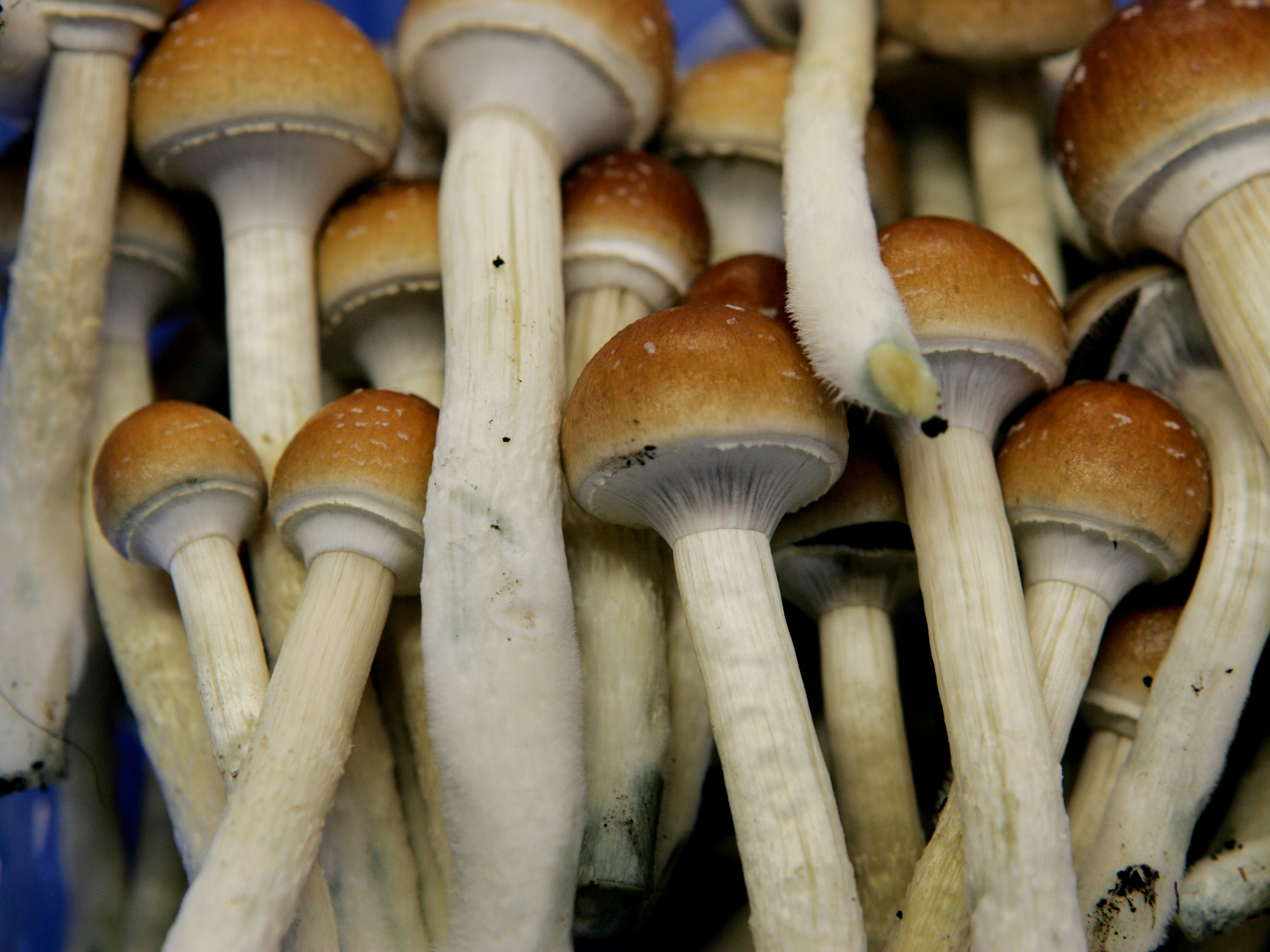- Microdosing is taking small doses of psychedelics over the course of a couple days in order to experience beneficial side effects.
- It’s used by some to alleviate anxiety and depression, and increase perception and creativity levels.
- Most people who experiment with microdosing will do one day on, and then two days off, as to not build up a tolerance and to experience next-day leftover effects.
- There’s a lack of scientific research to back up the practice of microdosing.
When Steve Jobs touted the benefits of microdosing, the phenomenon seemed to blow up with many wondering what exactly it is and why do it.
In short, microdosing involves taking very small doses of psychedelic drugs, such as LSD (lysergic acid diethylamide) or psilocybin mushrooms, in a semi-regular schedule in order to experience reported benefits such as increased perception and creativity levels and decreased anxiety and depression.
Currently, there is only one self-reported study that has looked into the science behind microdosing – though Amanda Feilding, the founder and director of the UK-based nonprofit Beckley Foundation, is hoping to change all this with a study documenting the effects of microdosing on a person’s creative and cognitive abilities. Regarding her upcoming study, she previously told Business Insider, “We want to look to see if we see those changes in cerebral circulation and connectivity and hopefully things like the ‘aha!’ moment that comes with creativity as well.”
Until Fielding and her team conduct the first research into microdosing, here’s what we currently know.
Micro-dosing is not designed to get you "high"
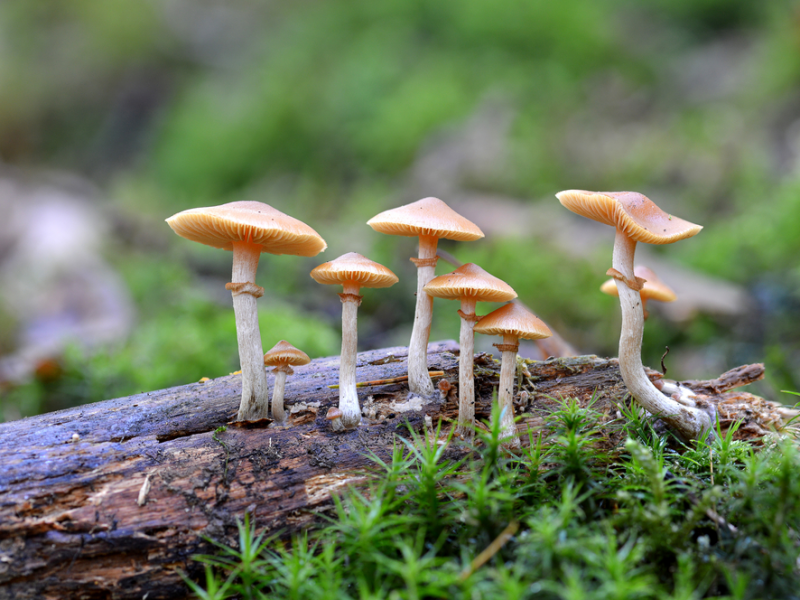
The dosage of a substance like psilocybin or LSD should only be approximately one-twentieth to one-tenth the regular dose designed to "trip," according to Dr. James Fadiman's research. That's 5 to 10 micrograms of LSD or 0.1 to 0.4 grams of psilocybin mushrooms. Because personal tolerances differ, the exact amount can differ person-to-person, but the ideal is to be in an increased state of perception, rather than a hallucinating state.
The general consensus from those who have tried microdosing is to not do it every day. Psychologist, experimenter of psychedelics, and author of "The Psychedelic Explorer's Guide: Safe, Therapeutic, and Sacred Journeys," Dr. James Fadiman recommends a three-day cycle. A dose is supposed to be taken on day one, and then not again until day four, as to not build up a tolerance and to experience day two leftover effects. There's also an emphasis on journaling and taking notice of how your body handles it.
It's important, however, to remember that extremely limited research has been done on this topic and it is still illegal to purchase magic mushrooms or LSD in the United States.
Not everyone is talking about the same drug when they're talking about microdosing
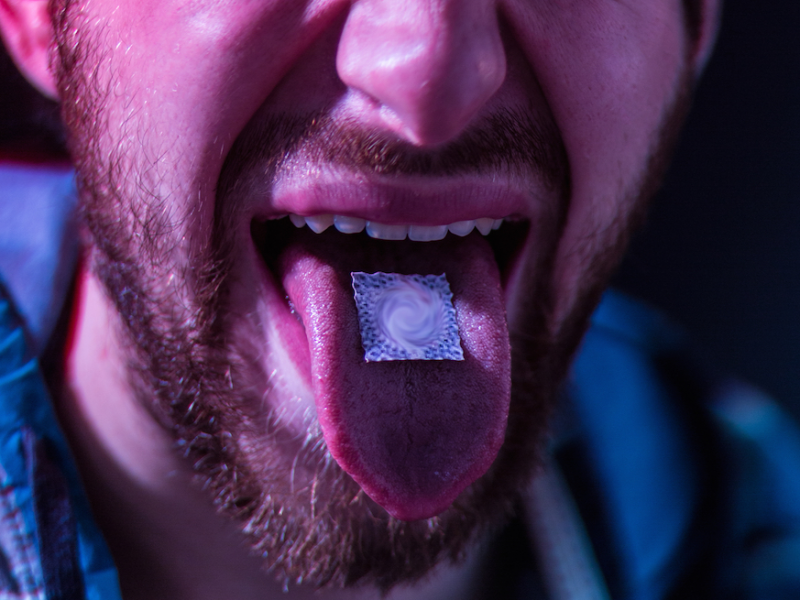
While psilocybin, commonly known as 'shrooms or magic mushrooms, and LSD are currently the most popular forms, Third Wave also lists cannabis, ayahuasca, mescaline, and DMT as possible substances for micro-dosing.
People who have tried microdosing say it increases their creativity and others say it boosts their mood
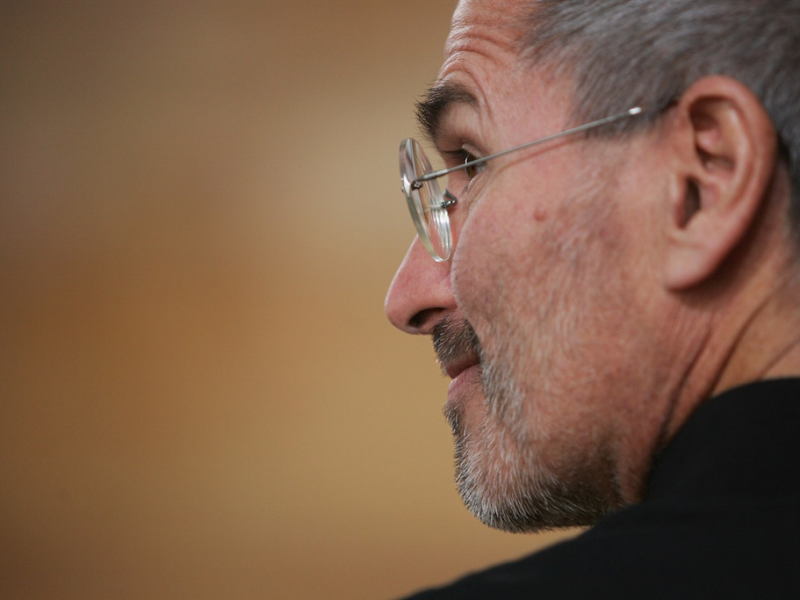
Steve Jobs, cofounder and previous CEO of Apple Inc., was open about his LSD experiences. "Taking LSD was a profound experience, one of the most important things in my life. LSD shows you that there's another side to the coin, and you can't remember it when it wears off, but you know it. It reinforced my sense of what was important-creating great things instead of making money, putting things back into the stream of history and of human consciousness as much as I could."
According to Jobs, use of LSD contributed to his simplistic Zen-inspired design aesthetics for Apple products and packaging. His friend and early Apple employee Daniel Kottke revealed that although Jobs apparently halted this practice once he launched Apple, the late creator's LSD habit has been taken up by the creative minds of Silicon Valley. For those with overflowing schedules in tech and/or startup environments, microdosing is seen as a way to get ahead by staying productive through exhaustion or by sparking creativity.
Others, in California's Silicon Valley, for example, are saying microdosing is making them more productive.
Read more: People in California are microdosing on LSD - and they say it's making them more productive
Ayelet Waldman chronicled her experiences of microdosing LSD for 30 days to alleviate mood swings she suffered during menopause in "A Really Good Day: How Microdosing Made a Mega Difference in my Mood, My Marriage, and My Life." She claims that microdosing changed her life by regulating her mood swings and therefore, positively improving her relationships with her family members and herself.
Erica Avery, a 27-year-old from Germany, microdosed for 8 months to manage her depression. "It lifted me out of a pretty deep depression. I think it has changed me [in the long-term]."
A paramedic anonymously told The Guardian, he microdosed LSD to treat his depression when his antidepressants did not work for him. "What struck me was that there was no discernible difference at first...Weirdly, it's not until the next day, in retrospect where you look back, that you realize you handled things or reacted to things differently. It's so subtle it's easy to miss. But it definitely worked."
One Canadian study recruited people from online forums to ask about microdosing habits and mental health. The research found that nearly 25% of users reported a sharpened focus and heightened energy and 13% said microdosing assuaged their existing anxiety and stress. Further, more than 20% reported that their mood and outlook on life improved.
Overall, however, there's a lack of scientific research to back up the practice.
Though there's a lack of scientific research to support the use of microdosing, there have been significant studies done on the effects of psychedelics
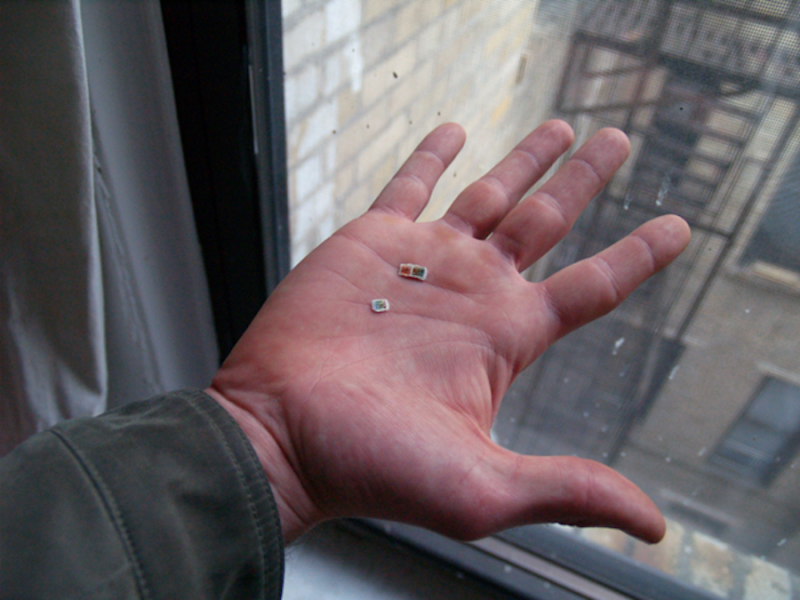
Two of the most prolific studies on psilocybin, one by researchers from Johns Hopkins University and the other, at NYU showed promise. In both studies, a single dose of psychedelic drugs appears to alleviate the symptoms of some of the most common and tragic illnesses of the brain, including depression.
Further studies have shown evidence that psilocybin significantly reduces anxiety in patients with life-threatening illnesses like cancer, that ketamine might have benefits as a rapid-fire antidepressant, and that MDMA (ecstasy) improves outcomes for people suffering from PTSD.
Though many argue that using these drugs is too risky, the scientific community seems to, in general, be more open to the idea that these drugs could be beneficial.
This consensus from many in the scientific community, however, seems to be limited to "trip treatments," taking a single, large dose of the drug, and not microdosing.
Visit INSIDER's homepage for more.

